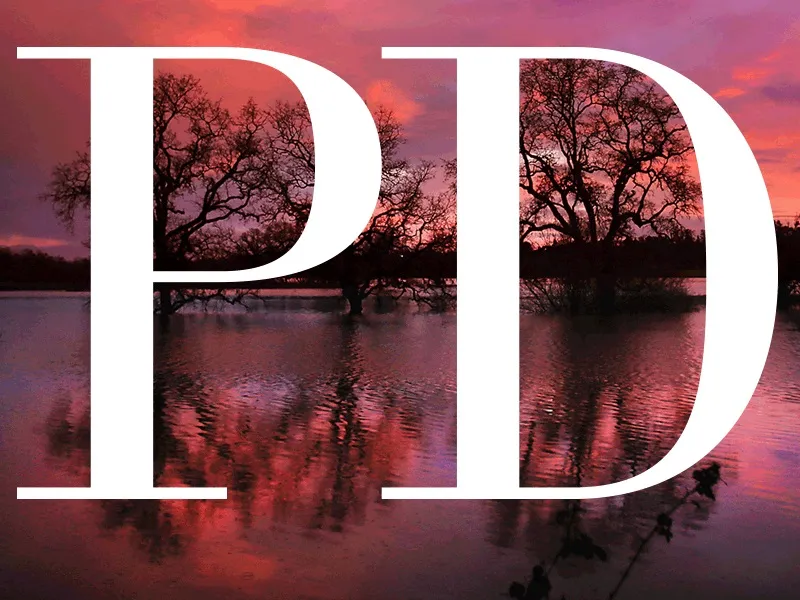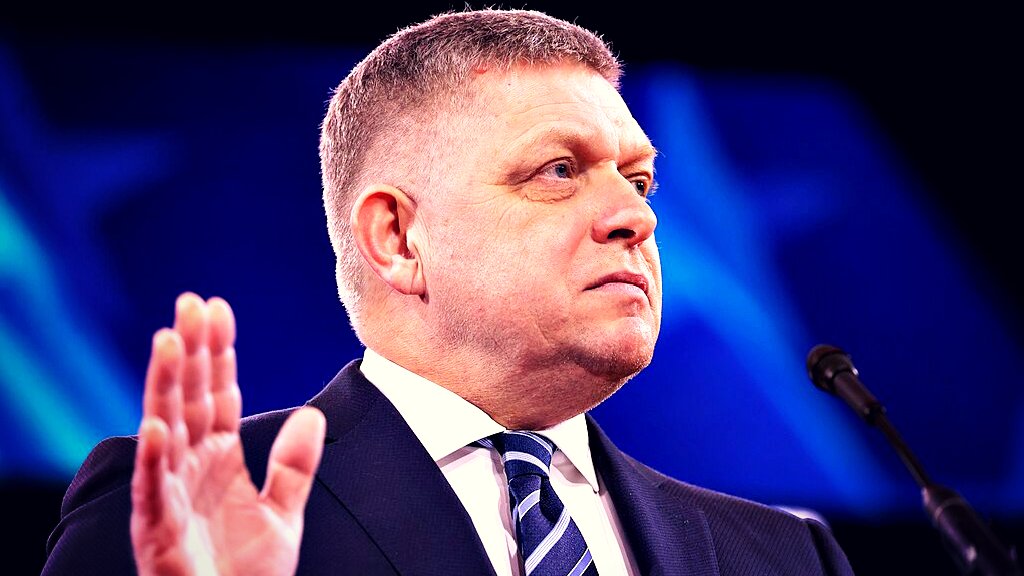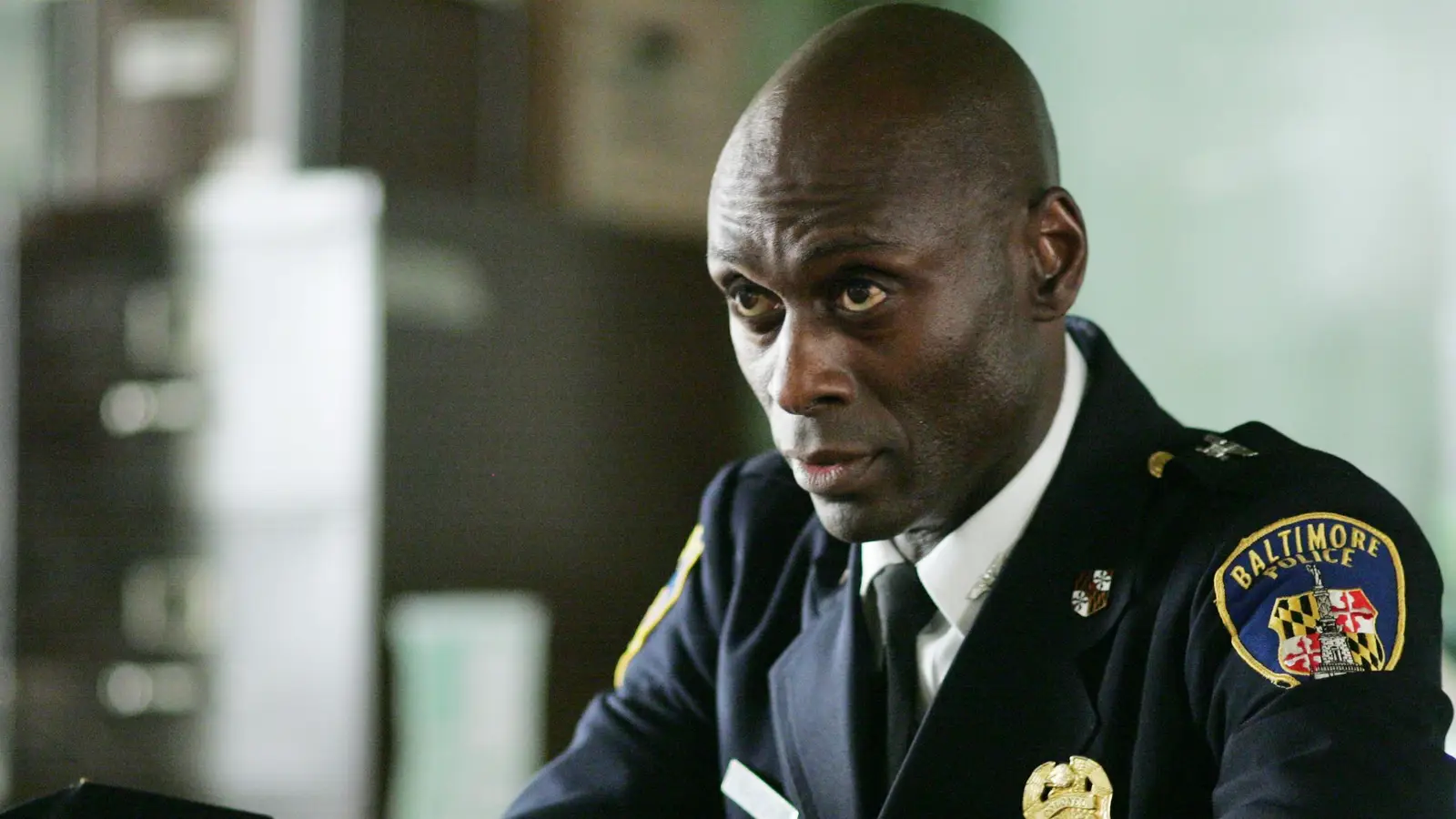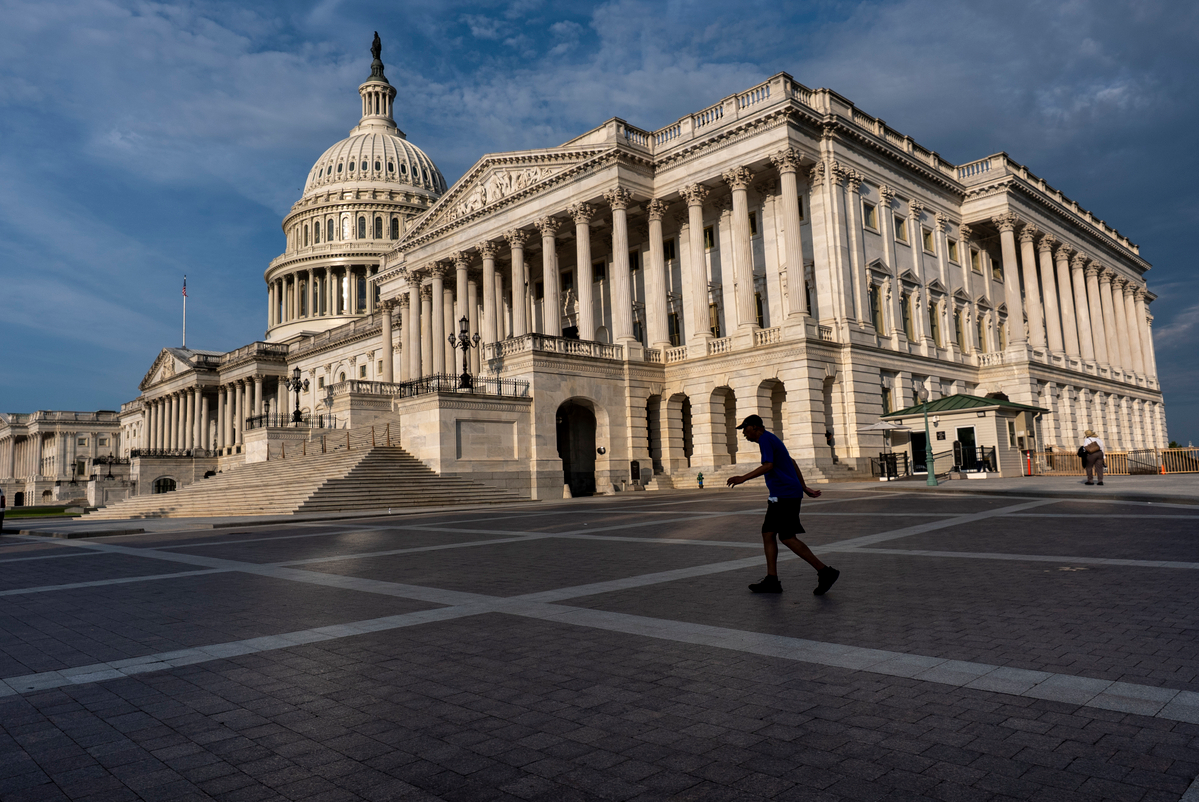By YEMI ADEBISI
Copyright independent
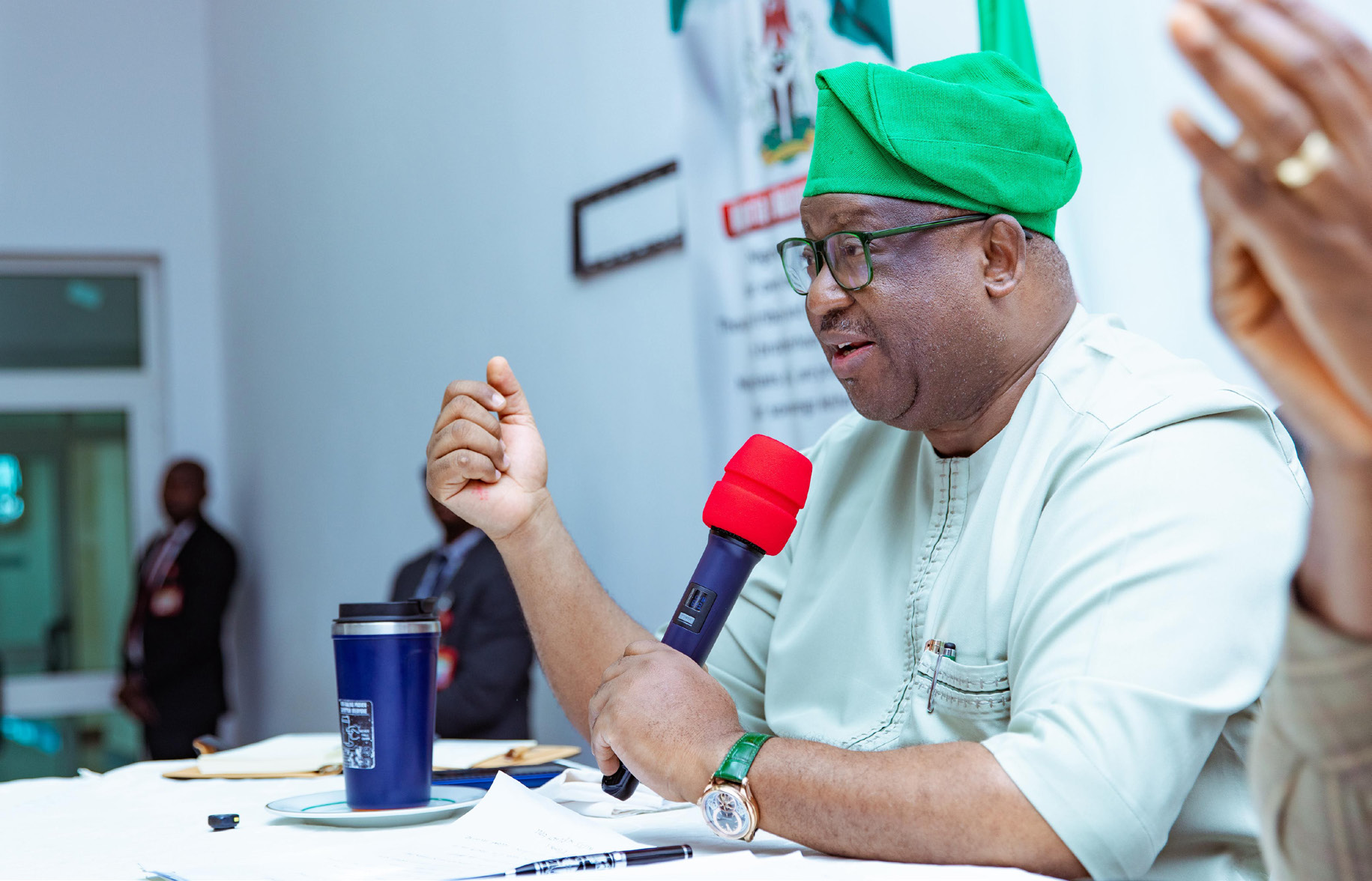
Plateau State Governor, His Excellency, Barr. Caleb Manasseh Mutfwang said his mission is to contribute to a safer, and more connected Plateau State through innovative solutions on security for the transformation of all sectors of the economy. Governor Mutfwang, in an exclusive interview with members of the Nigerian Guild of Editors (NGE) said he is running an all-inclusive government, carrying every segment of the society along. YEMI ADEBISI brings the excerpt:
Plateau State has been in the news for over two decades for insecurity. Where does the state stand today on this issue?
Plateau’s security challenges are unique. Unlike some parts of the North-West where bandits set up permanent camps, our attack-ers typically infiltrate from outside, launch attacks, and retreat.
We share borders with multiple states. Armed groups cross from Taraba through River Ibi in Karim Lamido, smuggling weapons via river routes. Others come through Nasarawa’s Wamba axis or south-ern Kaduna, hitting areas like Bok-kos and Mangu before fleeing.
Our darkest moment was the Bokkos massacre some months ago. These attacks were particu-larly devastating in the Mushere area. Some communities are now deserted, creating a significant population of internally displaced persons (IDPs) and we are doing our best to address their plights. Initially, we considered returning IDPs quickly to their homes, but an ambush on our escorted trac-tors during farming preparations revealed how dangerous the situa-tion was. The attackers unleashed heavy firepower on our security escorts, forcing us to retreat and rethink our approach.
To improve surveillance, we’ve deployed drones. These have cap-tured bandit movements and en-abled ground troops to respond quickly. However, we need more air support, which isn’t always available, and manpower remains a huge challenge. Plateau has vast ungoverned spaces that are hard to secure. To address this, we recruit-ed 1,450 young operatives who will begin training next week under Operation Rainbow, our communi-ty-based security outfit.
Kidnapping is another scourge. It has sadly become a booming crim-inal enterprise nationwide, with proceeds sometimes channeled into religious or communal activities. The planned police recruitment of 30,000 officers is welcome, but with-out proper deployment strategies, numbers alone won’t solve the prob-lem. Beyond recruitment, we must rethink our security Architecture, blocking vulnerable routes, priori-tising resources, and empowering local security initiatives.
I strongly support state police. Command structures managed from distant Abuja cannot effective-ly address local threats. While some fear political misuse, safeguards can be implemented. Federations like the U.S. operate multiple polic-ing layers successfully. I am encour-aged that President Tinubu now supports this idea, and I am confi-dent Nigeria will get there with the right political will.
The Akwanga–Jos Road is in terrible shape. What feedback are you receiving from Abuja about its reconstruction? And as “The Home of Peace and Tourism,” how is Plateau revitalising its tourism sector?
I’m actively pursuing the Akwan-ga–Jos Road. The President has ap-proved its inclusion among his leg-acy projects, and we’re grateful. The design, initially awarded in 2018 to CGC under President Buhari, was later reviewed and upgraded to a four-lane asphalt standard. Now, what we urgently need is funding commitment and budgetary inclu-sion. This road is vital. It is the gate-way to the North-East and a critical trade and tourism corridor. I appeal to the media to use its influence to advocate for its prioritisation.
On tourism, Plateau has world-class potential, but past efforts were scattered. We now have an agree-ment with the UNDP to create a Tourism Master Plan. We want to define tourism zones, build proper infrastructure, and attract serious investors, especially in hospitality. Our goal is to return Plateau to its rightful place as Nigeria’s premier tourist destination.
Since 2001, several committees have studied Plateau’s crises, but little has been implemented. What will happen with the General Rogers-led Fact-Find-ing Committee?
The Rogers Committee’s report will not gather dust. I plan to for-ward it to the President and heads of security agencies. We are com-mitted to acting on its recommen-dations rather than shelving it, as has often been the case in the past.
Many argue Plateau’s violence isn’t mere farmer-herder clashes but organized attacks with land-grabbing motives. What’s your plan for a lasting solution?
Land grabbing is indeed a com-plex challenge. Even where laws exist, enforcement is difficult. Still, today, no local government area in Plateau is completely off-limits, un-like in some northern states. The most vulnerable are border commu-nities where terrain delays securi-ty response. To address this, we’re opening access roads, improving rapid deployment, and exploring legislative, judicial, and adminis-trative solutions. With God’s help, we will overcome this threat.
Your administration is reviving state media. How will you ensure sustainable funding for these outlets?
We uphold press freedom. No Plateau-based media outlet can ac-cuse us of hostility or censorship. Constructive criticism is welcome, but fabricated stories, like some from the opposition APC are dam-aging. Misleading headlines such as “Jos Boils Again” for events far from Jos harm our image interna-tionally. Some European embassies have even warned their citizens against Plateau because of such sensational reports. We’re not asking anyone to suppress trage-dies, just to report responsibly to de-escalate tensions.
We saw farmers displaying large amounts of produce on roadsides. If they can’t sell, what happens? Will the state step in, as with marketing boards?
Plateau farmers have faced ne-glect for decades. To address this, we established and strengthened the Plateau Commodities Market-ing Company to help in this regards. When egg prices crashed last year, we bought eggs, paid farmers, and distributed them to schools—im-proving student nutrition and sta-bilising the market.
This year, maize prices have dropped due to mass importation. We’re exploring strategies like val-ue-added processing to help farmers avoid losses. While Lagos has more funds, Plateau pioneered this mod-el. We intend to hold our ground and ensure our farmers thrive.
Plateau is Nigeria’s sixth most expensive place to live, with inflation at 24.8%. How is your government tackling housing, services, and energy costs?
Jos is expensive mainly be-cause of housing shortages. To ease the burden, I recently laid the foundation for a civil service housing estate. We’ve identified more land for additional estates and hope to deliver substantial housing within two years. In the meantime, we’re appealing to landlords to exercise compas-sion while we explore regulatory options to protect tenants.
Ungoverned spaces remain underuti-lised and prone to insecurity. How will you attract investment to these areas?
Governing is far different from campaigning but when you enter the “jungle,” the realities shift. We’re improving road networks and essential infrastructure to make re-mote areas attractive for investors, which in turn will reduce insecu-rity by creating opportunities and surveillance.
Women are underrepresented in Plateau politics and governance. What measures are you taking for gender parity?
We have been deliberate about women’s inclusion. Our Deputy Governor, Accountant General, many commissioners, agency heads, and permanent secretaries are women. We’ve encouraged the PDP to reward party structures that elevate women beyond traditional “women leader” roles. This is a journey, but our administration is fully committed to achieving gen-der parity, including advocating for more women in the legislature.
What about the so-called ‘Wall of Jericho’ in Angwan Rogo? How are you addressing longstanding divisions?
I studied at UNIJOS when An-gwan Rogo was easily accessible. Over the years, divides hardened. But under my watch, we held the most peaceful local government election in Jos North. Claims that I dislike Muslims are false. I’ve worked to uplift the Muslim com-munity and foster unity. Plateau belongs to all faiths and peoples.
Mining pits litter Plateau due to past activities. What’s being done to reclaim them and tackle illegal mining?
Illegal mining is a national cri-sis. Some cartels are wealthier than states, making direct confrontation difficult. Earlier this year, we sus-pended mining to regain control but faced pressure due to the live-lihoods involved. Mining has led to school dropouts, drug abuse, sexual crimes, and fatal accidents.
Mining regulation is federally controlled, but we’re using environ-mental laws and the Land Use Act to limit damage. We’re organising locals into cooperatives for stron-ger bargaining power and insisting that host community agreements be respected. Plateau has over 4,000 abandoned pits, and rehabilitating them will require significant exter-nal funding, which we’re actively seeking.
Plateau once exported rose flowers. What’s your administration doing to revive horticulture?
We’re reviving horticulture and agro-exports. The Coffee Festival marked the reawakening of Pla-teau’s coffee industry. We’re im-proving storage and processing to reduce post-harvest losses and boost exports. Once the Special Agro-Pro-cessing Zone is operational, we’ll transition from primary production to large-scale processing.
On a study trip to the Nether-lands, we learned their potato farms yield 40 tons per hectare compared to our seven, despite doing only one cycle annually. With improved practices, Plateau can achieve two or more cycles and far higher yields.
NIPSS has done significant work on national issues. How are you collaborat-ing with them?
Our partnership with NIPSS is robust. They recently conducted a study on Plateau’s security situa-tion, and their recommendations are shaping our current strategies.
Let’s talk about politics. Where will you be in 2026 now that politicians are cross carpeting from one political party to another?
By God’s grace, I’ll remain where I am. My politics has always been guided by God and the people. In 2023, both spoke clearly. PDP is back on the right track, but the future is in God’s hands. Every political season has its own dynamics, and we will face them with faith and integrity.
